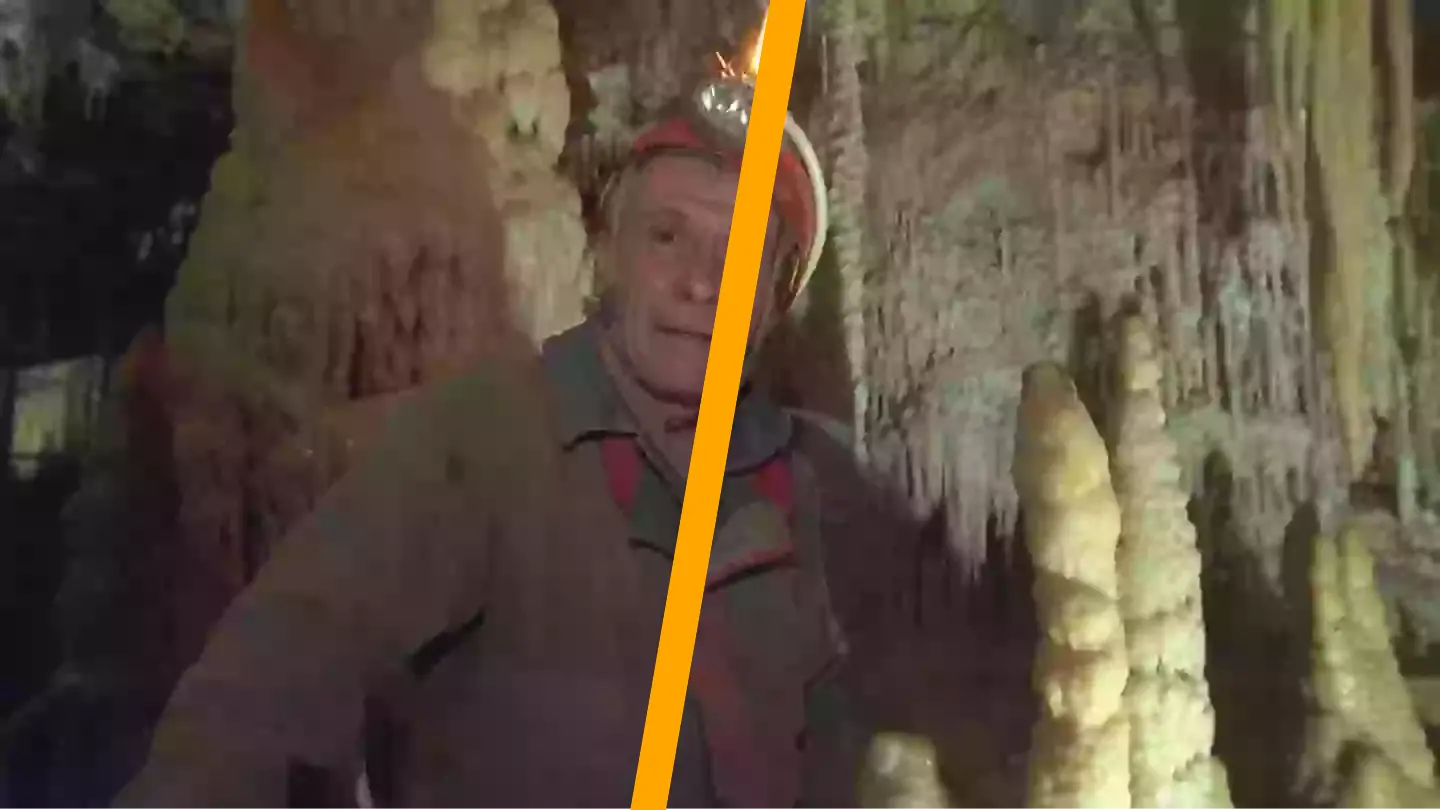A French explorer undertook a remarkable scientific experiment by isolating himself in a cave for two months, using ‘psychological tests’ to unlock discoveries about human biology. The late Michel Siffre, at 23, sought to delve deeper into the workings of the human body, drawing inspiration from the mid-20th century space race between the United States and the Soviet Union. His mission took him 130 meters beneath the surface of Scarasson, a mountain located in the Ligurian Alps.
“This idea came to me—this idea that became the idea of my life. I decided to live like an animal, without a watch, in the dark, without knowing the time,” he revealed to Cabinet Magazine in 2008. His focus shifted from studying caves to exploring the concept of time through a simple scientific protocol he devised.
The aim of his experiment was to explore how the absence of external cues, which signal day and night, impacts our body’s internal rhythms.
One of the key biological rhythms that chronobiology examines is the circadian rhythm. According to the Cleveland Clinic, the circadian rhythm functions as the body’s internal 24-hour clock, crucial for maintaining a healthy sleep-wake cycle.
In his quest to further scientific understanding, Siffre dispensed with his wristwatch, relying solely on his body’s signals rather than conventional timekeeping. He allowed his body to dictate his sleep, eating, and waking patterns. Equipped with only a torch, Siffre set up his subterranean camp on a glacier in July 1962.
For 63 days, Siffre communicated with his support team stationed at the cave’s entrance whenever he engaged in one of the three main activities. He also prohibited them from informing him of the time outside.
Freed from the constraints of time, Siffre claimed to have made several astonishing discoveries, notably that our bodies possess their own internal timekeeping mechanisms. “Without knowing it, I had created the field of human chronobiology,” he stated to Cabinet Magazine.
During his two-month cave residency, Siffre deepened his understanding of his body while spending time reading, writing, conducting research, and envisioning the future.
While in the cave, he performed ‘psychological tests’ to further investigate the perception of time.
“I had to count from 1 to 120, at the rate of one digit per second. With that test we made a great discovery: it took me five minutes to count to 120. In other words, I psychologically experienced five real minutes as though they were two,” he explained.
“My psychological time had compressed by a factor of two.”
The explorer elaborated on how the brain struggles to ‘capture the time’ when enveloped in darkness.
“You forget. After one or two days, you don’t remember what you have done a day or two before. The only things that change are when you wake up and when you go to bed.
“Besides that, it’s entirely black. It’s like one long day.”
Siffre’s initial experiment was deemed a success, prompting him to continue with similar explorations. He later spent six months in a cave in Texas and underwent another period of extreme isolation.
Throughout his various experiments, he observed that without traditional time cues, some individuals adapted to a 48-hour cycle instead of the typical 24-hour one.
Michel Siffre passed away on August 24, at the age of 85, due to pneumonia.
His final cave experiment, reported by The New York Times, spanned from November 1999 to February 2000. Siffre had planned to ring in New Year’s Eve 2000 in darkness but miscalculated the date by four days.

